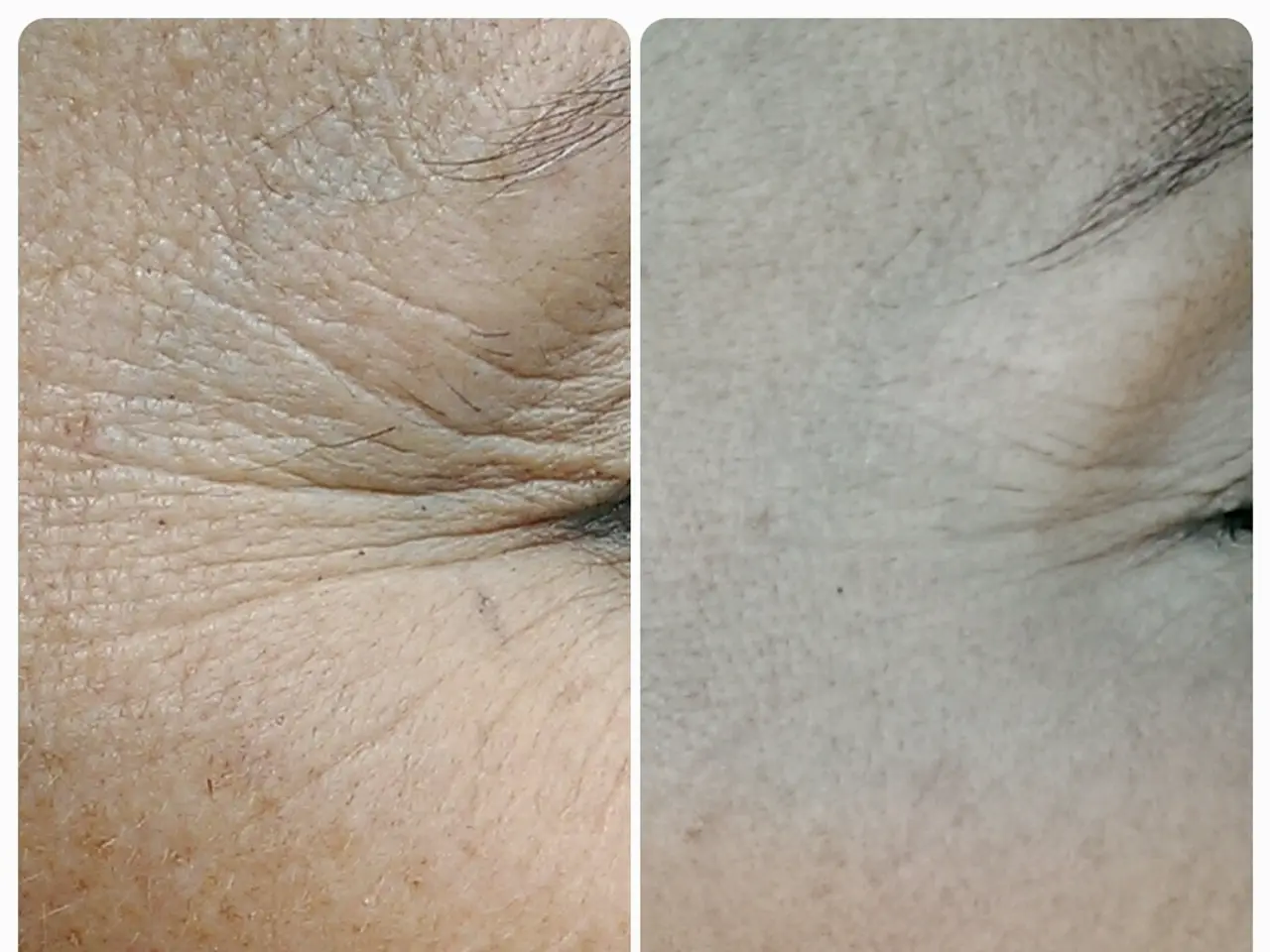Identifying, Understanding, and Managing Tongue Sores: Symptoms, Treatment, and Additional Information
Tongue ulcers, also known as mouth ulcers or canker sores, are common and can cause discomfort. These sores can appear on various parts of the mouth, including the tongue.
Tongue ulcers can be a symptom of a range of conditions, from minor issues like biting the tongue to more serious underlying medical conditions. Some common causes include canker sores, hand, foot, and mouth disease, oral lichen planus, Crohn's disease, celiac disease, Behcet's disease, lupus, HIV, and cancer.
Canker sores can appear individually or in multiple numbers. They can vary in size, with minor canker sores being a few millimeters wide, major canker sores measuring 1-3 centimeters, and herpetiform canker sores being the size of a pinhead.
While some types of tongue ulcers, such as canker sores, can heal on their own, it's important to monitor their frequency and persistence. Recurring tongue ulcers can be caused by several underlying medical conditions, particularly those involving immune system disturbances, nutritional deficiencies, and systemic diseases. Key underlying conditions include autoimmune diseases, severe nutritional deficiencies, a weakened immune system, and chronic conditions like Crohn's disease and Behcet's disease.
In some cases, tongue ulcers can be a sign of a more serious condition, such as cancer. Therefore, if tongue ulcers are frequent or persistent beyond 2-3 weeks, it is important to consider these underlying systemic causes and seek medical evaluation for diagnosis and management.
In the meantime, there are home remedies that can help soothe tongue ulcers. These include rinsing the mouth with clean water, warm salt water, or baking soda dissolved in water. Other home remedies include using a soft toothbrush, sucking on ice, drinking cool liquids, and avoiding spicy foods.
Medical treatment for tongue ulcers focuses on easing symptoms and identifying and treating any underlying conditions. This may involve prescription medications, dietary changes, or treatment for the underlying condition.
Preventing tongue ulcers can involve simple measures such as switching to a mild toothpaste and using a toothbrush with soft bristles. Managing stress, which is a possible cause of tongue ulcers, may also help to reduce recurring tongue ulcers.
If you experience regular tongue ulcers or multiple ulcers that appear at once, it's important to contact a doctor for a proper evaluation and treatment.
Tongue ulcers can sometimes indicate non-digestive ulcers or related conditions such as multiple sclerosis, COPD, dry eyes (AQ), oral herpes, psoriatic arthritis, or psoriasis. In more severe cases, they may hint at non-small cell lung cancer (NSCLC) or degenerative disorders like multiple sclerosis, sclerosis, or even depression.
Ignoring recurring tongue ulcers might lead to further health complications, including systemic diseases, immune system disturbances, and nutritional deficiencies. Regular ulcers or multiple simultaneous ulcers in the mouth should prompt a visit to a healthcare professional for further investigation and treatment.
Science and health-and-wellness initiatives emphasize preventive care, including using soft toothbrushes, mild toothpaste, and administering stress management techniques to avoid recurring tongue ulcers. Building a stable diet can also help reduce the likelihood of developing ulcers.




